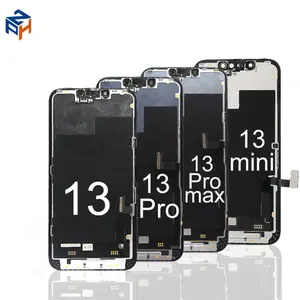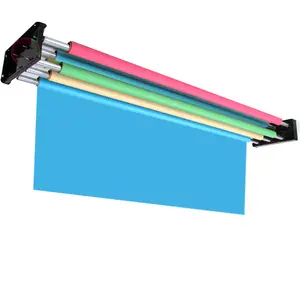Popular in your industry

 Ready to Ship
Ready to Ship
 Ready to Ship
Ready to Ship









 Ready to Ship
Ready to ShipTop categories
About defect laptop
When referring to a defective laptop, it encompasses a wide range of issues that can affect the performance and usability of the device. Some of the common problems found in laptops include hardware malfunctions, such as a faulty keyboard or malfunctioning hard drive, and software-related issues like operating system errors. The severity of the defects can vary, from minor inconveniences that affect specific components to critical failures that render the laptop inoperable. In some cases, the defects may be due to manufacturing or design flaws, while in others, they may develop over time with regular use.
How to identify a defective laptop
Identifying a laptop defect can be done by examining the performance, hardware, and software of the device. A defective laptop may exhibit slow performance, frequent crashes, or overheating. Hardware defects, such as a malfunctioning keyboard or a cracked screen, are also easy to identify. Users may also experience software-related issues, like the inability to boot up, frequent error messages, or unresponsive applications. In some cases, the laptop may emit unusual noises, like clicking sounds from the hard drive or fan, which can be a sign of internal issues. Conducting a thorough diagnostic check, either through built-in system tools or specialized software, can help pinpoint the exact cause of the defects.
Common defects in laptops
In laptops, there are common defects like hard drive issues, which can lead to data loss and affect the overall performance of the device. The battery problems can be a common defect, causing issues such as rapid draining, failure to charge, or unexpected shutdowns. Overheating is another common problem, often due to dust accumulation in the cooling system or a malfunctioning fan. A defective MacBook Pro may be prone to screen defects, resulting in dead pixels, flickering displays, or complete screen blackout. Keyboard malfunctions, like unresponsive keys or repeating keystrokes, are also common issues, especially in older laptops. Wi-Fi connectivity problems, which can manifest as frequent disconnections or slow internet speed, are commonly reported. Finally, physical damages, such as dents, cracks, or loose hinges, may affect the laptop's structural integrity and aesthetics.
How to address a defective laptop
Depending on the nature and severity of the defects, addressing a HP defective laptop may involve different solutions. For hardware issues, components like the keyboard, battery, or hard drive may need to be replaced. Software-related defects can often be resolved through troubleshooting steps like updating the operating system, reinstalling drivers, or running system diagnostics. In situations where the defects are due to manufacturing or design flaws, the laptop may need to be repaired or replaced under warranty. In some cases, seeking professional help from authorized service centers or technicians may be necessary. Regular maintenance, such as cleaning the cooling system and updating software, can also help prevent or mitigate defects in laptops.























